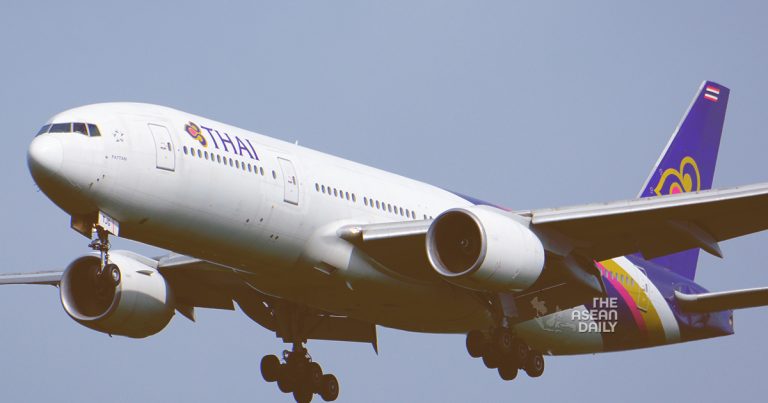8-8-2023 (BANGKOK) A significant partnership took flight on Tuesday as Thai Airways International and Turkish Airlines inked a memorandum of understanding, setting their sights on a dynamic joint-venture alliance aimed at conquering the fiercely contested Asia-Europe air routes.
Collaborative ventures among airlines traditionally involve the intricate synchronization of flight schedules and the equitable sharing of revenue. Notably, established alliances such as Qantas Airways and Emirates have charted a cooperative course, enhancing Europe-Australia connectivity. Such unions, however, necessitate the endorsement of competition authorities within the countries of the respective airline operators.
This newfound understanding between Thai Airways and Turkish Airlines holds the potential to catapult both carriers into unprecedented expansion opportunities. THAI (Thai Airways International) unveiled its intentions to unveil a daily flight connection linking Bangkok and Istanbul. The eagerly anticipated commencement date is set to be officially disclosed on Wednesday. In contrast, Turkish Airlines has already established a robust presence with its twice-daily flights to the Thai capital.
It is pertinent to note that THAI remains under the watchful eye of court-monitored debt restructuring, a course of action it embarked upon in the aftermath of filing for bankruptcy protection in 2020. The relentless impact of the Covid-19 pandemic compounded an already challenging trajectory for the airline, which had grappled with multiple financial setbacks over a decade.
The current fleet landscape presents a stark contrast to pre-pandemic times, with THAI currently operating approximately 65 aircraft, down from the previous tally of over 100. However, as the contours of the post-pandemic travel resurgence become increasingly defined, the national carrier is seizing the opportunity to draft an ambitious fleet expansion blueprint.
Chai Eamsiri, Chief Executive Officer of THAI, provided insight into the airline’s forward-looking aspirations. He revealed plans to place orders for up to 30 additional aircraft by year’s end. Furthermore, the airline aims to double its narrow-body fleet over the course of the next decade, underscoring its strategic intent to navigate a path of renewed growth.
Both Thai Airways and Turkish Airlines find themselves ensconced within the esteemed Star Alliance, a formidable coalition comprising 26 members, including illustrious names like Singapore Airlines, United Airlines, Deutsche Lufthansa, and ANA. Established in 1997, the Star Alliance stands tall as the largest among the triumvirate of preeminent global airline alliances, all of which share the common purpose of fostering commercial competitiveness by enabling member airlines to operate within a larger collective.




